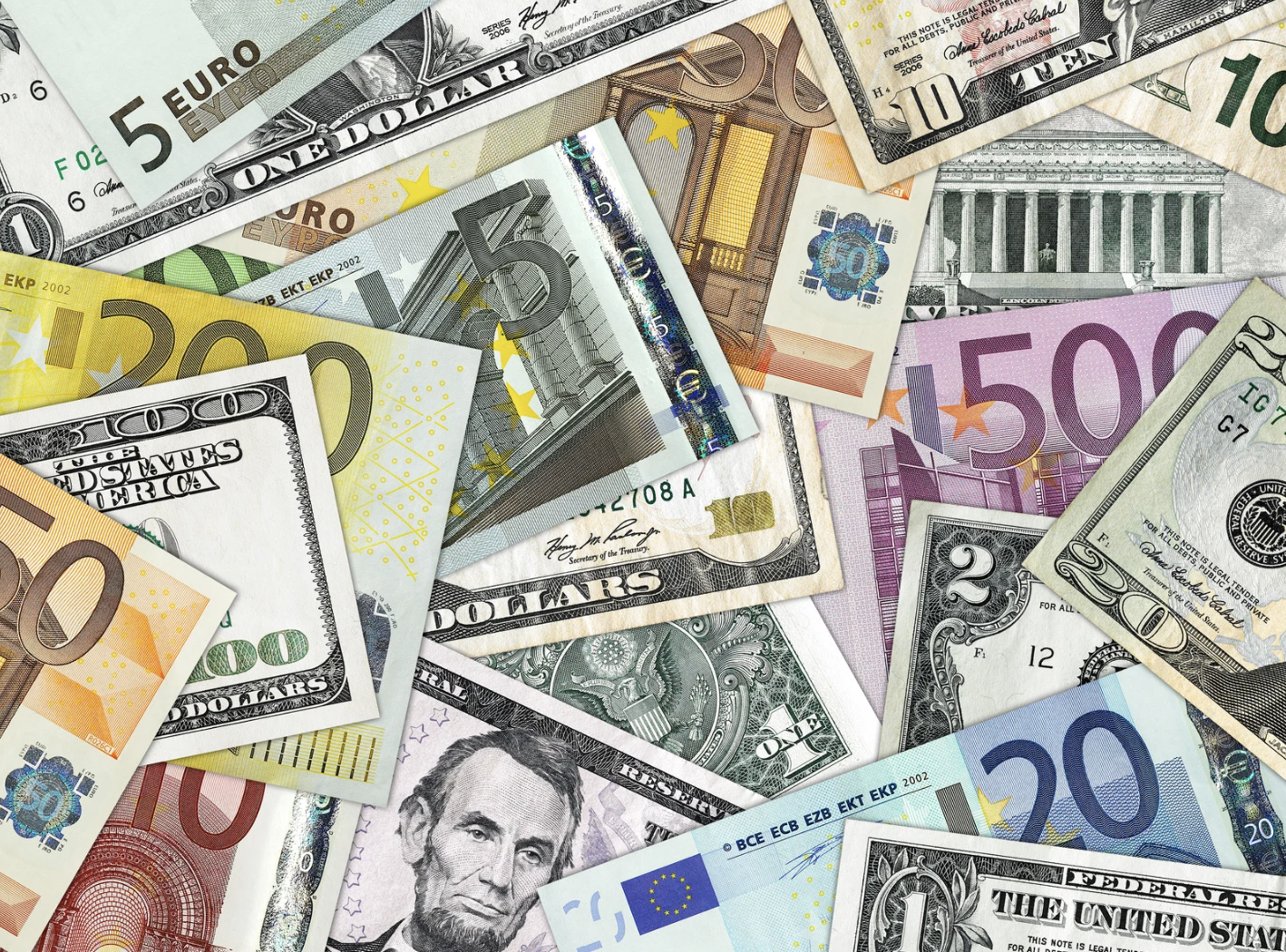The dollar inched away from five-week lows on Tuesday, as investors weighed the case for a September rate cut following comments by Fed Chair Jerome Powell and considered rising odds for the re-election of former U.S. President Donald Trump.
The slight strengthening of the dollar put the Japanese yen back under pressure, with traders wary of further intervention by Tokyo after a fresh warning from authorities.
The euro was little changed at $1.0896, just shy of a four-month high touched on Monday, having erased all losses from the past few weeks when it came under pressure due to uncertainty about the French election.
Investor focus will be on the European Central Bank’s policy meeting on Thursday, where it is expected to hold rates. Attention will also be on comments from ECB chief Christine Lagarde to ascertain the timing of the next rate cut. Markets are pricing in 48 basis points of cuts from the ECB this year.
On Monday, Powell said the second quarter’s three U.S. inflation readings “add somewhat to confidence” that the pace of price increases is returning to the Federal Reserve’s target sustainably. The comments, likely Powell’s last until his press conference after the Fed meeting set for July 30 and 31, shifted rate cut expectations. Markets now anticipate 68 basis points of easing this year, with a rate cut in September fully priced in, according to the CME FedWatch tool.
Fed Chair Powell Says Holding Rates High For Too Long Could Jeopardize Economic Growth
The dollar index, which measures the U.S. unit against six peers, was 0.12% higher at 104.36, not far from the one-month low of 104 it touched on Monday. “The dollar index, which measures the performance of the US currency against a basket of major currencies, saw no change at all on Monday compared to the close recorded last Friday at 104.09 points. The index fell to the lowest levels throughout the current trading day at 104.03 points, compared to the highest levels, which recorded 104.32 points. But after investors began to value Trump’s victory in the US presidential elections and favor his chances of victory compared to Biden, the US dollar began to abandon its strong connection to inflation data and began to benefit from the effects left by the attempt to assassinate the Republican candidate,” said Mohamed Hashad, Chief Market Strategist, at Noor Capital
U.S. retail sales for June, due later in the day, are expected to show a decline of 0.3% month-on-month.
In Asia, Japanese authorities continued their warnings against falls in the yen, with Chief Cabinet Secretary Yoshimasa Hayashi saying they stood ready to take all possible measures in the currency market. Traders suspect Tokyo intervened in the market to lift the Japanese currency away from 38-year lows last week after the cooler-than-expected U.S. inflation report. Bank of Japan data shows authorities may have spent up to 3.57 trillion yen last week to prop up the frail yen. Markets will be eyeing fresh money markets data to gauge if Tokyo intervened on Friday as well. The yen was last down 0.28% at 158.45 to the dollar and was weaker across other crosses.
Before last week, Tokyo spent roughly 9.8 trillion yen ($61 billion) defending the yen at the end of April and early May, official data show, but the unit has continued to slide, hitting its lowest since December 1986 at 161.96 on July 3.
Cryptocurrencies, along with shares of companies that could benefit from a Trump presidency, jumped on Monday after an assassination attempt on the Republican candidate boosted expectations that he would win the November election. Bitcoin and Ether eased slightly on Tuesday. “Another evidence that the positive relationship is getting stronger between US stock indices and Trump’s chances of winning is that there is a positive relationship between the Standard & Poor’s 500 and Bitcoin, which led to the rise of the index and Bitcoin after the attack.
Bitcoin rose by about 5.25%, which confirms that investors in global financial markets in general – and digital currency markets in particular – favor Trump’s victory in the 2024 US presidential elections,” added Hashad
Sterling last fetched $1.2965, just below its one-year high on Monday, as investors await British inflation data on Wednesday for more clues to interest rate policy.
Among other currencies, the Australian dollar was 0.2% lower at $0.6746, off a six-month high touched last week. The New Zealand dollar eased 0.28% to $0.60575, hitting a two-week low ahead of inflation data due on Wednesday.





